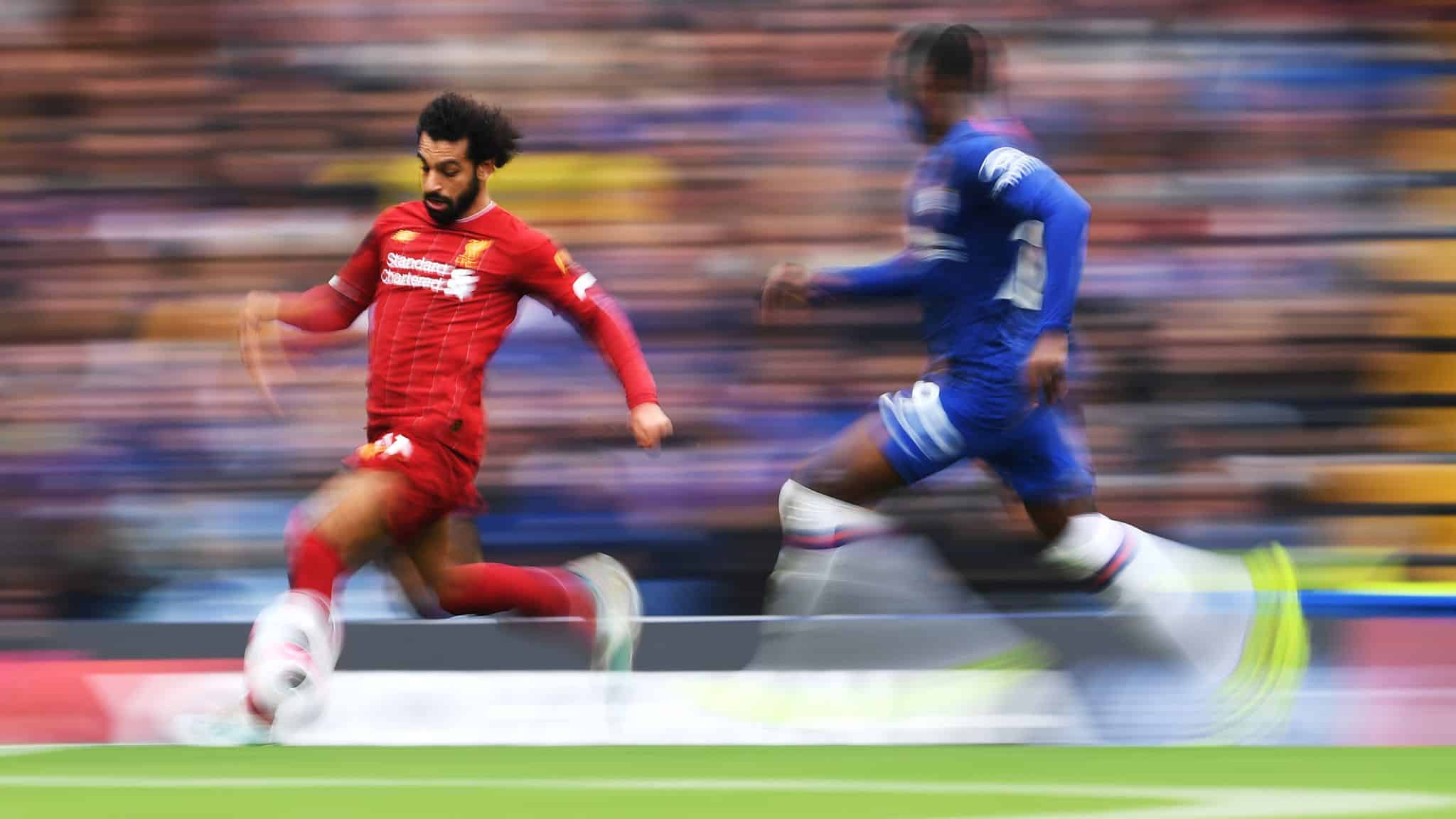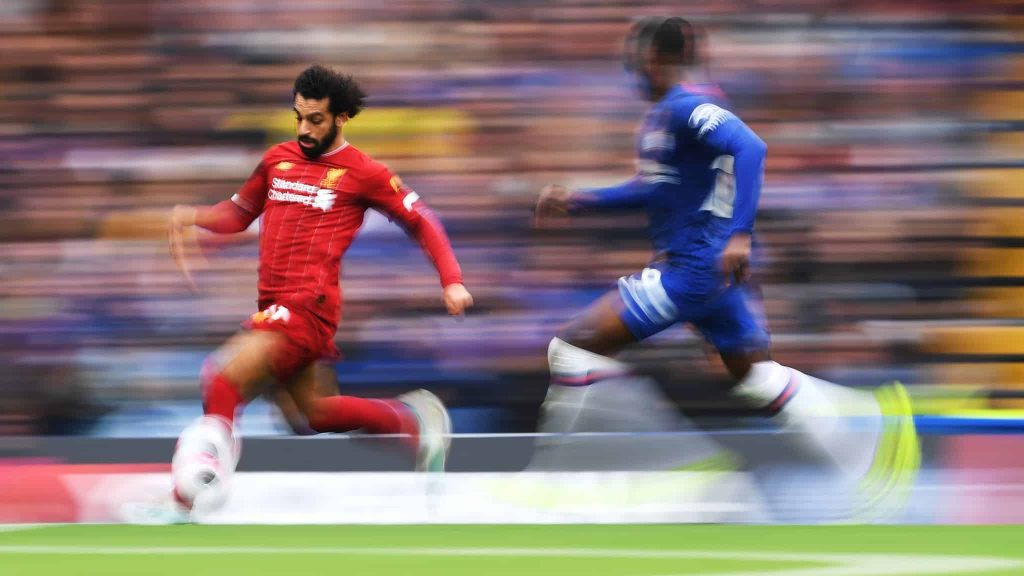
In top-level sports, even a small advantage can determine the outcome. England’s Premiere League is known as one of the most competitive football leagues globally, leading some to pursue unconventional training methods.
At Tottenham Hotspur’s academy, researchers discovered that athletes can be motivated to run faster simply with a few words. Instructing strikers to imagine themselves as 'like a jet plane taking off' or 'accelerating like a Ferrari' can enhance sprinting speed by 3 percent over 20 meters.
The impact of words on sports performance
According to researchers at the University of Essex, the key is to focus the athlete's attention away from the body and onto the environment.
“The words we speak to athletes have a demonstrable and instant effect on their performance,” said Dr. Jason Moran, from the School of Sport, Rehabilitation and Exercise Sciences at the University of Essex.
“It’s long been known that it’s better to direct an athlete’s attention to the environment around them rather than focusing on their body positions which seems to interfere with the fluidity of movement.”
“This could be enhanced even further by using certain analogies, for example, asking a player to ‘accelerate like a Ferrari’ may create a more evocative image in their mind instead of simply telling them to run fast.”
An experiment with 20 young members of Tottenham Hotspur’s academy, aged 14 to 15, involved sprint drills with different instructions. Phrases that encouraged players to 'push the ground away' delivered better results than body-centered directions like 'drive your legs into the ground.' The most effective motivation was urging players to 'sprint as if you are a jet taking off into the sky ahead.'
This coaching method relies on vivid comparisons and is surprisingly simple and effective. By simplifying the complex mechanics of movement into easily understandable and relatable terms, it is especially beneficial for young athletes. This approach helps them focus and understand technical language despite their limited experience. By creating a vivid picture in the athlete’s mind, coaches can guide movement and speed while minimizing reliance on body mechanics.
Even though a 3% increase may seem small, it can make a significant difference in many sports, especially during crucial moments like goal-scoring situations, where beating a defender could lead to scoring and winning the game. goal-scoring situations where beating a defender could lead to finding the net and winning the day.
Beyond elite football
Moving beyond elite sports, there's no reason why the same technique couldn't work in amateur settings, whether it's a college team or a local sports club.
“Although these findings focus on the highest level of youth football, it could easily be used in schools or on a Saturday morning,” Morand added.
“By using a simple analogy teachers and parents might be able to get the most out of their kids whatever the sport.”
The findings were published in the Journal of Sports Science.









